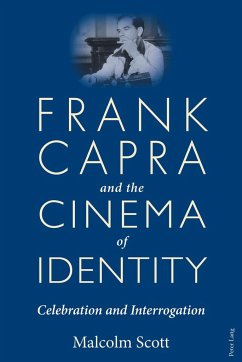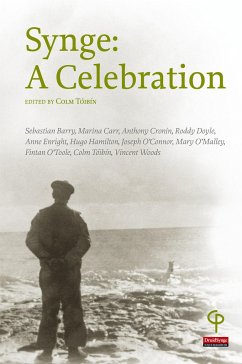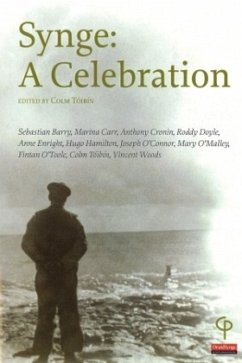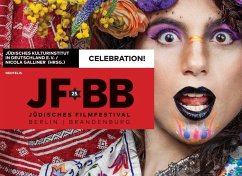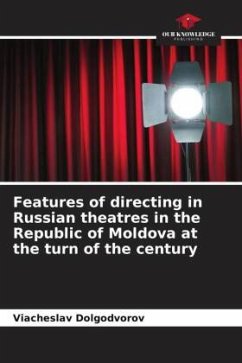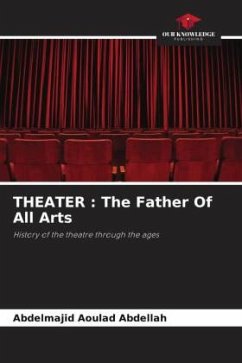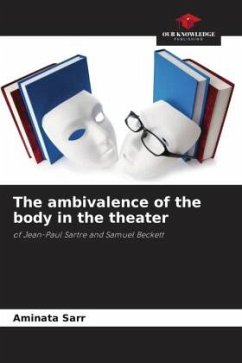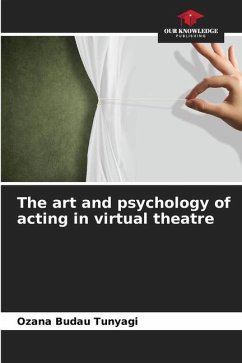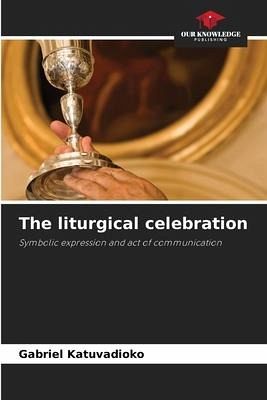
The liturgical celebration
Symbolic expression and act of communication
Versandkostenfrei!
Versandfertig in 6-10 Tagen
25,99 €
inkl. MwSt.

PAYBACK Punkte
13 °P sammeln!
This book addresses the question of symbolic efficacy in the Eucharistic celebration, seen as a mode of expression and an act of communication. By explaining the meaning of symbol, liturgy and the spectacular phenomenon as language, the author invites us to grasp these concepts in their illocutionary, symbolic and performative aspects. From this point of view, liturgy is fundamentally action and expression. To evoke the liturgical act as language is to note its poetic allure, its dramatic function, but also its relationship to truth. It is thus a question of raising the reasoned intuition of i...
This book addresses the question of symbolic efficacy in the Eucharistic celebration, seen as a mode of expression and an act of communication. By explaining the meaning of symbol, liturgy and the spectacular phenomenon as language, the author invites us to grasp these concepts in their illocutionary, symbolic and performative aspects. From this point of view, liturgy is fundamentally action and expression. To evoke the liturgical act as language is to note its poetic allure, its dramatic function, but also its relationship to truth. It is thus a question of raising the reasoned intuition of its specific role in the act that it produces. Connected to the theater and to the rites, of which we know that they do not have only the language of the words, we recognize him other types of languages, which allow him to give sense. In both dramatic and liturgical expression, there is a power of meaning, which at the same time has the power to suggest it, if not to give it meaning outright.Having the capacity to make a situation understood, the dramatic and liturgical show that their specificity and their strength rest on a double logic: verbal and non-verbal.



